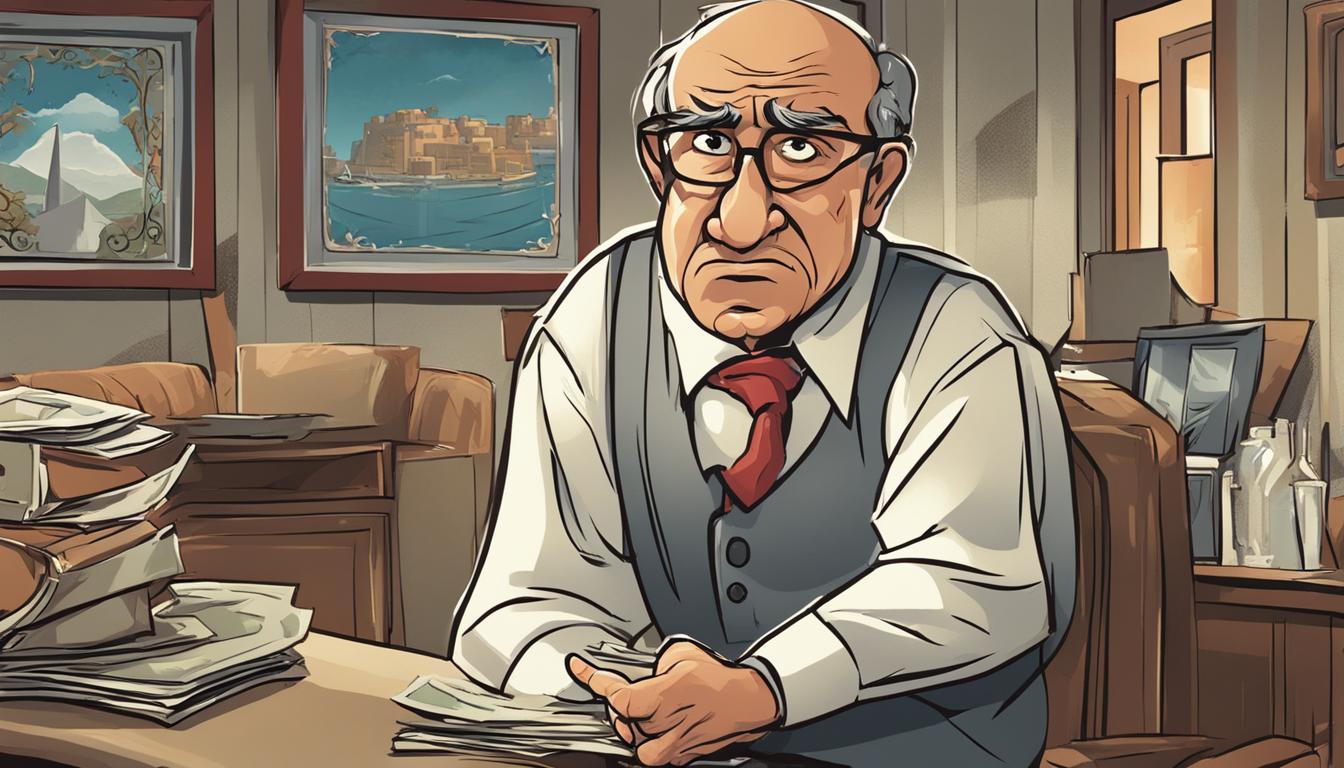In life, there are moments of regret when we wish we could change the outcome or offer solace to those affected. However, using the same old phrase, “it’s a pity,” can leave our words feeling stale and lacking depth. Luckily, there are a plethora of alternative expressions that can convey our regret and sadness with a touch of poetry and emotion.
When to Use “That’s Terrible News” (Formal)
“That’s terrible news” is an excellent formal synonym for “it’s a pity.” It is commonly used to show empathy and concern when someone shares unfortunate information, particularly in professional settings. This phrase conveys genuine care and willingness to provide assistance or support. In situations such as responding to an employee’s family emergency or a business setback, using “that’s terrible news” can make you sound respectful, polite, and compassionate.
Here are a few examples of how to use “that’s terrible news” effectively:
-
“That’s terrible news. Please keep me informed and let me know if there’s anything I can do to help.”
-
“Well, that’s terrible news! We might face some challenges in the upcoming quarter. I’m not sure if we’ll be able to recover from this.”
By choosing to say “that’s terrible news,” you can express regret in a more formal and considerate manner.
The Informal Alternative: “What a Shame”
When it comes to expressing regret in friendly settings, finding the right words can make all the difference. That’s where the informal synonym “what a shame” comes in. With a touch of poignancy, this phrase is commonly used among friends and acquaintances to convey a sense of disappointment and empathy.
Whether it’s a missed opportunity or a minor setback, “what a shame” embodies a friendly tone that allows you to express regret while maintaining a warm and respectful atmosphere. It’s perfect for those daily encounters when you want to show compassion without sounding overly formal.
However, it’s important to note that “what a shame” might not be suitable for sharing truly distressing news as it can unintentionally come across as dismissive. In such cases, a more serious and empathetic response is recommended to offer the support and understanding needed.
Remember, while “it’s a pity” and “what a shame” both serve the purpose of expressing regret in casual situations, there are better alternatives when it comes to sounding formal or professional. So, the next time you find yourself wishing to convey a sense of friendly regret, try using “what a shame” to add a touch of empathy and community to your conversations.
Source Links
- https://wordselector.com/other-ways-to-say-its-a-pity/
- https://www.thesaurus.com/browse/pity
- https://www.italki.com/en/post/question-110556









